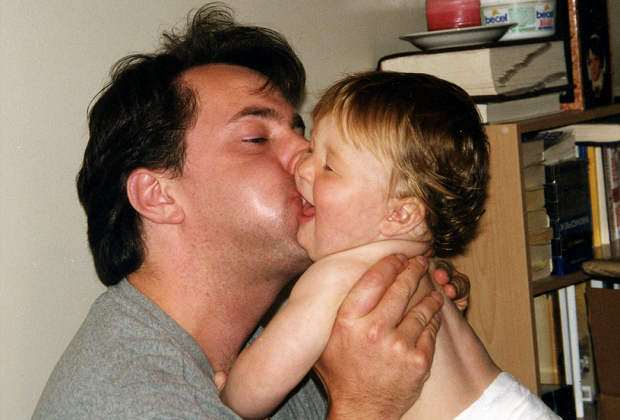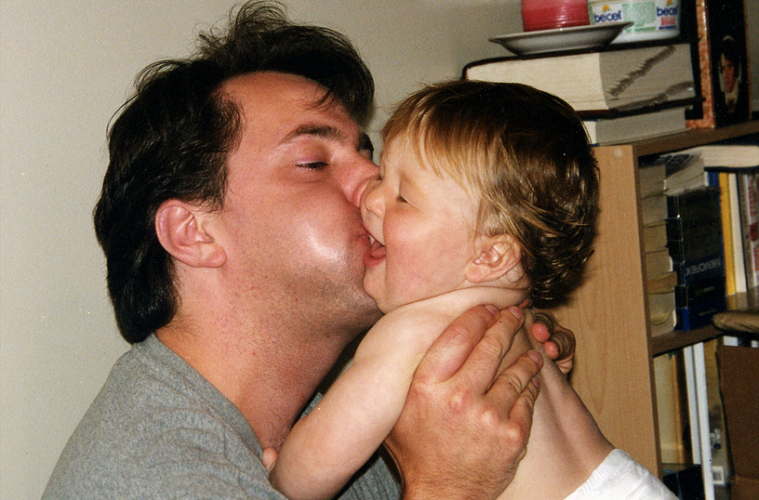
Dailies is a round-up of essential film writing, news bits, and other highlights from across the Internet. If you’d like to submit a piece for consideration, get in touch with us in the comments below or on Twitter at @TheFilmStage.
Kurt Kuenne’s Dear Zachary: A Letter To A Son About His Father is getting turned into a mini-series, Deadline reports.
Little White Lies highlights Wong Kar-wai‘s best scenes:
Love hurts in Wong Kar-wai’s films. As a director, he finds intoxicating beauty in broken hearts and melancholy poetry in missed opportunities. The Chinese auteur shines a dazzling, saturated neon light on the maddening complexities of relationships. He tells ravishing stories of introspective souls searching for love, sometimes getting it but more often than not running away from it. They’re scared, not of the other person, but of their own failings. His films portray the torment of love as hopelessly romantic, seductive even. Ahead of the release of his new martial arts saga, The Grandmaster, on 5 December, LWLies takes a look back at his most heartbreaking scenes.
Watch Kathryn Bigelow’s short film about elephant poaching, Last Days (via Time):
AV Club‘s Ignatiy Vishnevetsky on the search for a rare film from Jean-Luc Godard:
For a while now, my holy grail has been Une Femme Coquette, the second short film directed by Jean-Luc Godard. It’s a nine-minute Guy De Maupassant adaptation he shot on 16 mm in Geneva in 1955, using money earned from the sale of Opération Béton, his first short and one of my earliest holy grails. Une Femme Coquette is the most elusive rarity of the French New Wave, and possibly the most difficult-to-see film by a name filmmaker that isn’t believed to be irretrievably lost. Actually, plenty of references list it as lost—which, again, it isn’t—because it’s never been distributed and because no film archive or public collection will cop to owning a print.
At The Dissolve, Chris Klimek on the ongoing failure of the PG-13 rating:
In 1984, the Motion Picture Association of America introduced its first new content rating since its “G, PG, R, and X” classification scheme replaced the Hays Code in 1968. The PG-13 was meant to signal a strong note of caution to parents that a movie might be too intense or troubling for some children, or might inspire some conversations a parent wasn’t ready to have.

